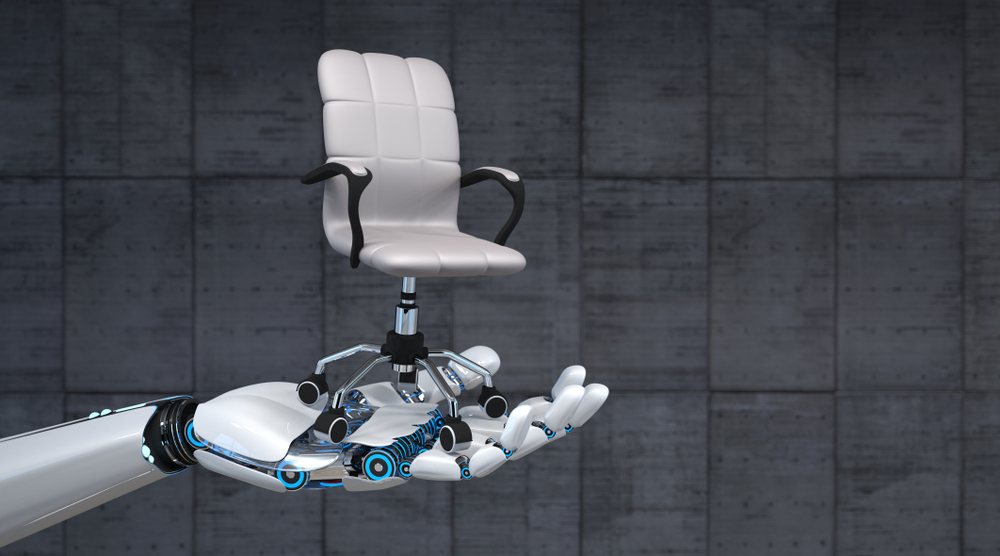CEO of Barclaycard Payments: CFOs nervous in “confusing” tech market

In an era of heightened economic uncertainty and the demand for real-time data insights, the crowded accounting software market is confusing and nerve wracking for CFOs who fear making the wrong decision.
That’s according to Marc Pettican, CEO of Barclaycard Commercial Payments, who argues that a historic lack of back office investment, “swivel chair” systems and tenure, are to blame.
“It’s pretty confusing and there’s a lot of nervousness for some CFOs at the moment,” says Pettican, “[because] there’s no clear winning technology. They don’t want to deploy something that ends up being wrong.”
Pettican was citing a Barclaycard survey of 500 senior finance decision makers which found 77% delayed buying technology for fear of purchasing the “wrong fix”.
Similarly, an Accountancy Age webinar poll of a corporate and practicing accountant audience, found tech transformation (45.8%) took the lion’s share of the vote as the clear challenge for 2019.
CFOs are more reluctant than other departmental decision makers to embrace technology which Pettican believes is because the back office has traditionally been neglected by innovation and has become “clunky” and “complicated” as a result.
“If there’s one thing they want to do, it’s to make the journey simpler and more integrated,” says Pettican. “We use the term ‘swivel chair’ where an accountant or CFO logs into one system, and swivels in their chair to log into a different system.”
Pettican has seen that investment in the back office and accounting software has not been high on the agenda for organisations who baulk at costs and favour technological innovation in customer-facing areas of the business.
Likewise, through mergers and acquisitions, companies knit systems together, complicating the back office further.
“You get this layering effect of complexity,” he says. “Quite often when investment is available, they lift the lid on the back office and say ‘crikey’ and put the lid back down again and throw people at the problem.”